detail profile krzysztof kie c5 9blowski
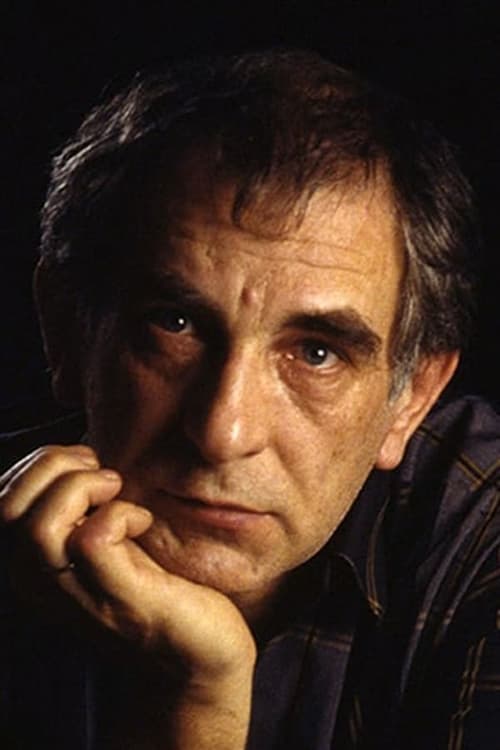
Krzysztof Kieślowski
크쥐시토프 키에슬로브스키
atau dikenal sebagai
Riwayat Hidup
Krzysztof Kieślowski (June 27, 1941 – March 13, 1996) was an influential Polish film director and screenwriter known internationally for his television series "The Decalogue" (1989), and his feature films "The Double Life of Véronique" (1991), and the "Three Colours" trilogy (1993–1994).
Kieślowski received numerous awards during his career, including the Cannes Film Festival Jury Prize (1988), FIPRESCI Prize (1988, 1991), and Prize of the Ecumenical Jury (1991); the Venice Film Festival FIPRESCI Prize (1989), Golden Lion (1993), and OCIC Award (1993); and the Berlin International Film Festival Silver Bear (1994).
In 1995 he received Academy Award nominations for Best Director and Best Writing.
In 2002 Kieślowski was listed at number two on the British Film Institute's Sight & Sound Top Ten Directors list of modern times.
Krzysztof Kieślowski died on 13 March 1996, He was 54.
Info Pribadi
Peran Yang Di Mainkan Krzysztof Kieślowski
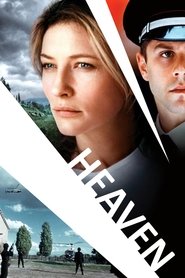 Cate Blanchett stars as Philippa a...
Cate Blanchett stars as Philippa a...Heaven 2002
Cate Blanchett stars as Philippa, a British teacher living in Turin, Italy, who has seen many friends, including her husband, fall victim to drug overdoses. Philippa has repeatedly contacted the police with information about Turin's biggest drug dealer but, complicit in his dealings, they have completely ignored her. So Philippa decides to dole out her own form of justice with a homemade bomb -- setting her off on a journey from young widow to fugitive on the run.
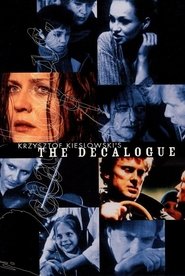 This interview made in January 1995 is...
This interview made in January 1995 is...A Short Film About Decalogue: An Interview with Krzysztof Kieslowski 1995
This interview, made in January 1995, is an attempt to examine the universal messages offered by 'Decalogue', as well as it's idiosyncrasies
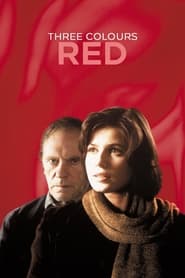 Parttime model Valentine unexpectedly befriends a...
Parttime model Valentine unexpectedly befriends a...Three Colors: Red 1994
Part-time model Valentine unexpectedly befriends a retired judge after she runs over his dog. At first, the grumpy man shows no concern about the dog, and Valentine decides to keep it. But the two form a bond when she returns to his house and catches him listening to his neighbors’ phone calls.
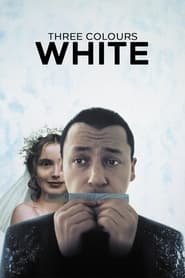 Polish immigrant Karol Karol finds himself...
Polish immigrant Karol Karol finds himself...Three Colors: White 1994
Polish immigrant Karol Karol finds himself out of a marriage, a job and a country when his French wife, Dominique, divorces him after six months due to his impotence. Forced to leave France after losing the business they jointly owned, Karol enlists fellow Polish expatriate Mikołaj to smuggle him back to their homeland.
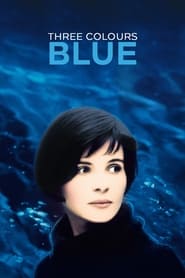 The wife of a famous composer...
The wife of a famous composer...Three Colors: Blue 1993
The wife of a famous composer survives a car accident that kills her husband and daughter. Now alone, she shakes off her old identity and explores her newfound freedom but finds that she is unbreakably bound to other humans, including her husband’s mistress, whose existence she never suspected.
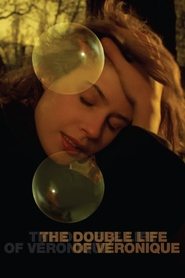 Vronique is a beautiful young French...
Vronique is a beautiful young French...The Double Life of Véronique 1991
Véronique is a beautiful young French woman who aspires to be a renowned singer; Weronika lives in Poland, has a similar career goal and looks identical to Véronique, though the two are not related. The film follows both women as they contend with the ups and downs of their individual lives, with Véronique embarking on an unusual romance with Alexandre Fabbri, a puppeteer who may be able to help her with her existential issues.
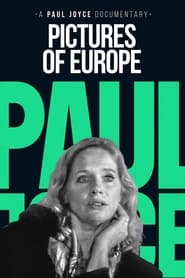 What makes European cinema so special...
What makes European cinema so special...Pictures of Europe 1990
What makes European cinema so special? Find out in Paul Joyce’s feature-length documentary, Pictures of Europe, which examines the differences between American independent and Hollywood movies and films from European directors. Featuring luminary iconoclasts from European cinema such as Agnes Varda, Bernardo Bertolucci and Pedro Almodovar, as well as American counterpoints from Paul Schrader, and those who have crossed back and forth, such as Paul Verhoeven
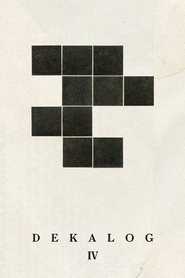 A father and daughter Micha and...
A father and daughter Micha and...Decalogue IV 1989
A father and daughter, Michał and Anka, have a unique intimacy, which the college-aged Anka is beginning to feel conflicted about. When she finds an unopened letter from her deceased mother, it seems to justify her attraction to Michał, who may not in fact be her father.
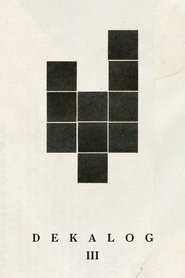 Its Christmas Eve and Ewa has...
Its Christmas Eve and Ewa has...Decalogue III 1989
It’s Christmas Eve, and Ewa has plotted to pass the hours until morning with her former lover Janusz, a family man, by making him believe her husband has gone missing. During this night of recklessness and lies, the pair grapple with choices made when their affair was discovered three years ago, and with the value of their present lives.
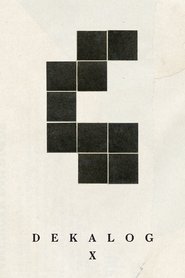 Jerzy and Arturs father dies leaving...
Jerzy and Arturs father dies leaving...Decalogue X 1989
Jerzy and Artur’s father dies, leaving behind a valuable stamp collection, which, they discover, is coveted by dealers of varying degrees of shadiness. The more involved the brothers get in their father’s world, the more dire and comical their situation becomes.
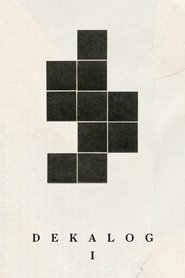 Krzysztof a semantics professor and computer...
Krzysztof a semantics professor and computer...Decalogue I 1989
Krzysztof, a semantics professor and computer hobbyist, is raising his young son, Paweł, to look to science for answers, while Irena, Paweł’s aunt, lives a life rooted in faith. Over the course of one day, both adults are forced to question their belief systems.
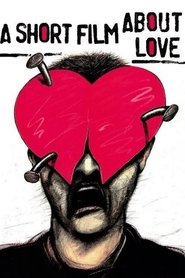 19yearold Tomek whiles away his lonely...
19yearold Tomek whiles away his lonely...A Short Film About Love 1988
19-year-old Tomek whiles away his lonely life by spying on his opposite neighbour Magda through binoculars. She's an artist in her mid-thirties, and appears to have everything - not least a constant stream of men at her beck and call. But when the two finally meet, they discover that they have a lot more in common than appeared at first sight...
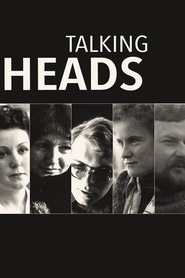 People of different age profession and...
People of different age profession and...Talking Heads 1980
People of different age, profession and social status answer two simple questions: who they are and what they want from life.
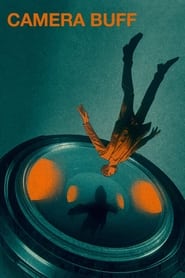 Filip buys an 8mm movie camera...
Filip buys an 8mm movie camera...Camera Buff 1979
Filip buys an 8mm movie camera when his first child is born. Because it's the first camera in town, he's named official photographer by the local Party boss. His horizons widen when he is sent to regional film festivals with his first works but his focus on movie making also leads to domestic strife and philosophical dilemmas.
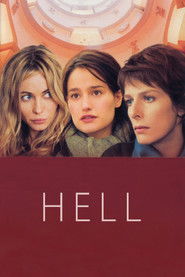 Three sisters share a connection to...
Three sisters share a connection to...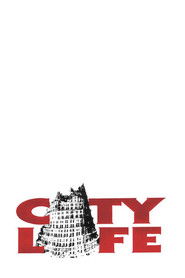 Collection of documentary shorts by various...
Collection of documentary shorts by various...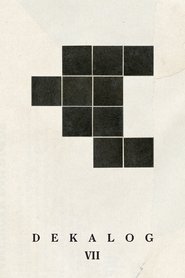 As a high school student Majka...
As a high school student Majka...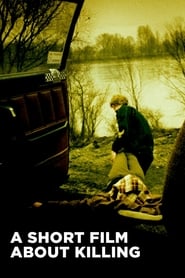 Jacek climbs into the taxi driven...
Jacek climbs into the taxi driven...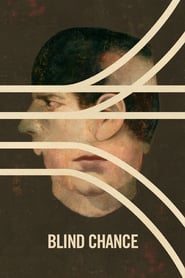 Witek runs after a train Three...
Witek runs after a train Three...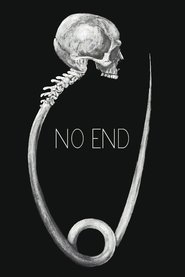 1982 Poland A translator loses her husband...
1982 Poland A translator loses her husband...